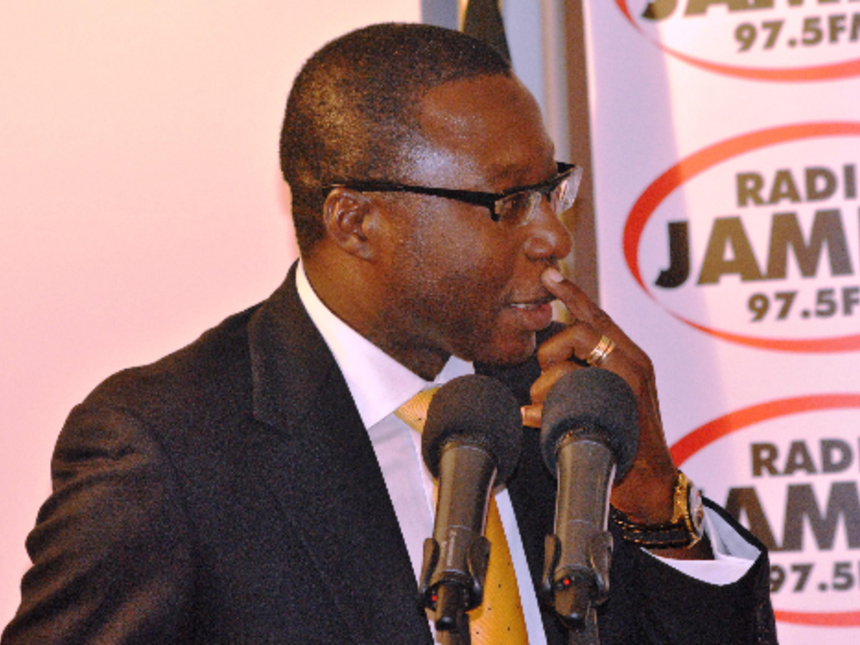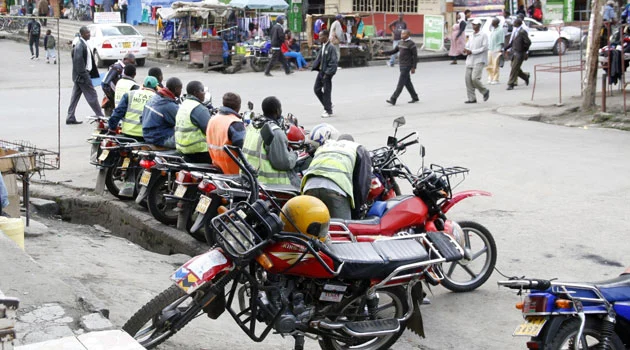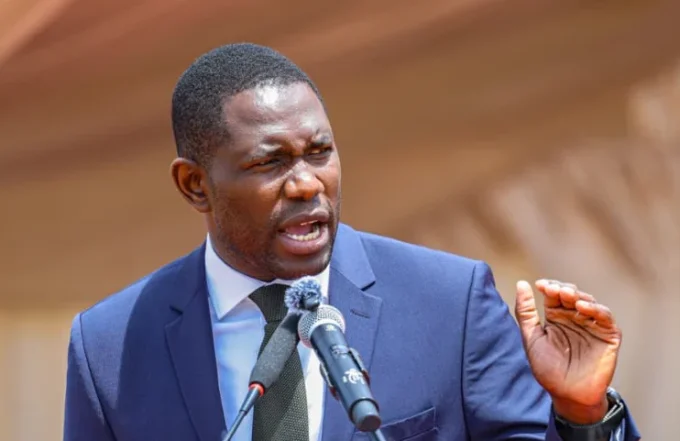Salaries delayed as drop in advertising revenues begins to bite Radio Africa
Tension that has been brewing among Radio Africa Group staff is slowly turning into despair after a delay in salaries this month touched off alarm bells at Lion’s Place.
Thanks to a strain on its cash flow, Radio Africa, which publishes The Star newspaper, has been experiencing difficulties paying salaries in the last few months. The situation worsened at the end of September when collections from advertisements were not good enough to cover its payroll and other operational expenses, forcing it to pay in batches. It started with junior staff on October 7th, perhaps to forestall a backlash, followed by middle level managers on Monday 10th and is expected to have sorted out senior managers by Saturday 15th.
A memo from Agnes Kalekye, Radio Africa Group Chief Operating Officer, sent to staff last Friday promised employees that they would be fully paid by mid-month though many staffers we talked to were skeptical. In the memo, she told staff that the first set of salaries was processed on Friday morning and the company was working to ensure the rest are paid before October 15.
The company has suffered a drop in advertising revenues across its media platforms, which include the Star newspaper, its cashcow Classic 105, Kiss 100 and Radio Jambo, among others. Insiders revealed that things are so bad that sales department staff were only paid their basic salaries (retainers) minus commissions despite working under pressure to collect Ksh4 million by end of last week. One sales employee revealed they were asked to bring in another Ksh4 million to get commissions.
Radio Africa also runs Kiss TV, East FM, XFM and Jambo Turkana radio.
The situation at Radio Africa is an indication of how the fortunes of media houses in the country are turning from bad to worse.
In addition to a dip in circulation sales due to reduced disposable income dropping to levels last experienced in 2009 when the country was picking from the economic slowdown caused by post-election violence and global financial crisis, government and private sector ad spend has also reduced and whatever remains is being shared with online competitors such as Facebook, Google and Youtube.
ALSO SEE >> Why Carole Kimutai quit TUKO
In a memo recently, Radio Africa CEO Patrick Quarcoo had warned staff to prepare for tough times ahead indicating the company would seek to cut down costs by rationalising operations and embracing digital technology. He lamented that the media was operating on lean budgets after government cut back advertising budget by Ksh1.5 billion in the preceding 12 months. Part of this rationalisation has included staff cuts and a merger of the newsroom.
However, critics say this model has its downside as it came with a top-heavy team that did not help to reduce the wage bill as expected. “Many guys were made editors and that meant higher salaries. It is not working,” a senior reporter told Business Today.
At the same time, since the relaunch of the Star into a political newspaper, its traction in the market has not held with many analysts saying it has been dwelling on sensational stories that could be turning off advertisers. It is said most employees are developing exit strategies before the situation gets worse.
[crp]



















































![Pula Co-Founders and Co-CEOs, Rose Goslinga & Thomas Njeru. Pula provides agricultural insurance and digital products to help smallholder farmers manage climate risks, improve farming practices and increase their incomes. [ Photo / Courtesy ]](https://businesstoday.co.ke/wp-content/uploads/2021/01/Pula-Co-Founders-and-Co-CEOs-Thomas-Njeru-Rose-Goslinga.jpg)




























































Leave a comment